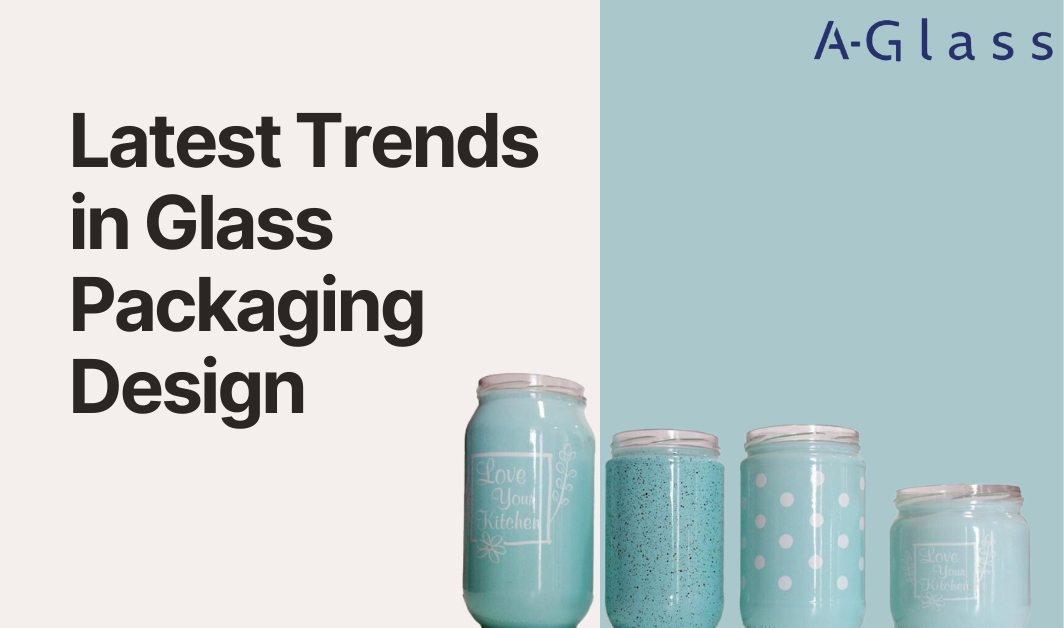The glass industry has been around for centuries and has proven to be a versatile and essential material for a wide range of applications. From construction to consumer goods, glass is used in many products we use every day. However, like all industries, the glass industry is evolving and changing to keep up with new technologies and consumer demands. Here are some of the key trends and predictions for the future of the glass industry:
- Smart Glass: Smart glass is a new technology that allows glass to change its properties in response to external stimuli. For example, electrochromic glass can change its tint to control the amount of light entering a room. This technology has applications in energy-efficient buildings, automotive windows, and more.
- Sustainability: Sustainability is becoming an increasingly important issue for consumers, and the glass industry is responding by developing more eco-friendly products. Recyclable and reusable glass containers, as well as glass made from recycled materials, are becoming more common.
- 3D Printing: 3D printing is an emerging technology that has the potential to revolutionize the glass industry. Glass can be printed in complex shapes and designs that were previously impossible to achieve with traditional glass-making techniques.
- Lightweight Glass: Lightweight glass is another trend in the industry, driven by the demand for more fuel-efficient vehicles and eco-friendly products. Thinner and lighter glass can be used in automotive and architectural applications, reducing the weight of the overall product and lowering its carbon footprint.
- Anti-Reflective Glass: Anti-reflective glass is a type of glass that is specially treated to reduce glare and reflections. This technology has applications in everything from solar panels to televisions and computer screens.
- Improved Manufacturing Processes: The glass industry is constantly seeking ways to improve the efficiency and cost-effectiveness of its manufacturing processes. Automation, robotics, and machine learning are all being used to streamline production and reduce waste.
In conclusion, the future of the glass industry is looking bright, with new technologies and innovations on the horizon. From smart glass to 3D printing and improved manufacturing processes, the glass industry is continually evolving to meet the changing needs of consumers and businesses. As sustainability and eco-friendliness become increasingly important issues, we can expect to see more focus on recyclable and lightweight glass products. The glass industry has proven to be a durable and versatile material, and we can expect it to continue to play an essential role in the products we use every day.

